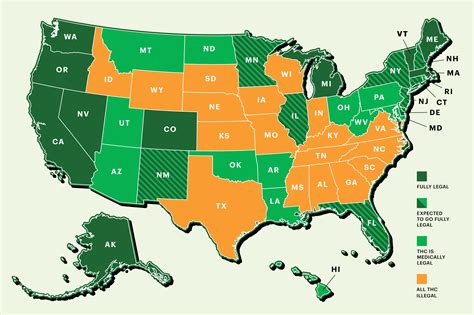California set a precedent as the first state to permit medicinal cannabis use with the passage of the Compassionate Use Act in 1996. Presently, cannabis is legal in California for both medicinal and adult (recreational) use. The industry is under stringent regulations to ensure business operations are safe, and products are free from contaminants and correctly labeled.

To purchase cannabis in California, the criteria are: being 18 or older with a physician’s recommendation for medicinal use, or 21 and above for adult use. However, local laws by cities and counties can impose stricter regulations than the state. It’s important to check local ordinances for specific rules in your area. Medicinal users and adult users are subject to different regulations.
At the federal level, marijuana remains a Schedule I substance according to the Controlled Substances Act, indicating it’s considered to have a high potential for abuse and no accepted medical use. Despite this, some states, including California, have legalized its use for medicinal purposes. The FDA retains federal authority over drug enforcement, although federal enforcement typically targets criminal networks rather than individual or state-legal cannabis activities.
The Department of Cannabis Control (DCC) oversees the cannabis industry in California, offering resources and support for businesses. For instance, the DCC has provided a system for renewing licenses, as businesses can begin the renewal process up to 60 days before expiration. They have also laid out the cost structure for retail application and license fees based on gross annual revenue, which was updated on October 30, 2023.
There is an ongoing policy gap between state and federal laws regarding cannabis, which has been addressed in several Congressional Research Service reports. These discrepancies continue to pose challenges for businesses operating legally under state law but still in violation of federal law. However, appropriations riders have, since FY2015, limited the Department of Justice from using funds to interfere with state-legal cannabis activities.